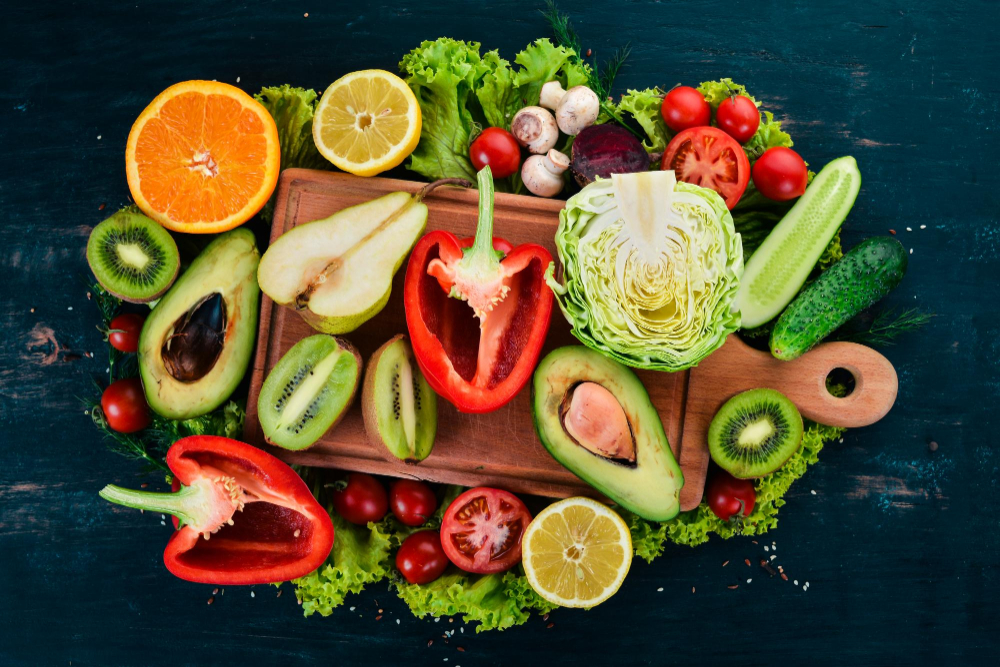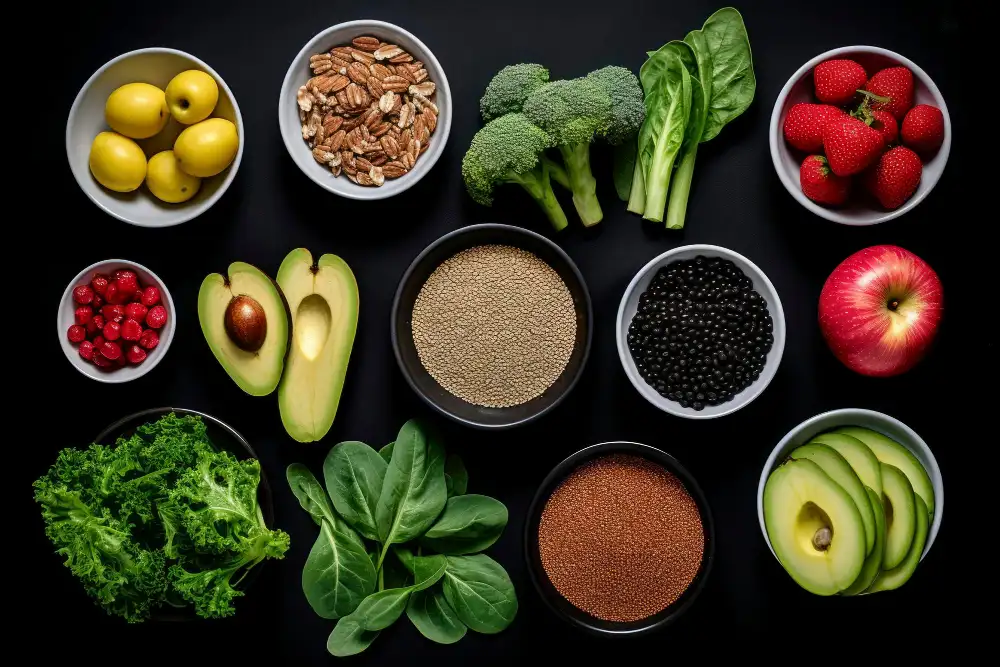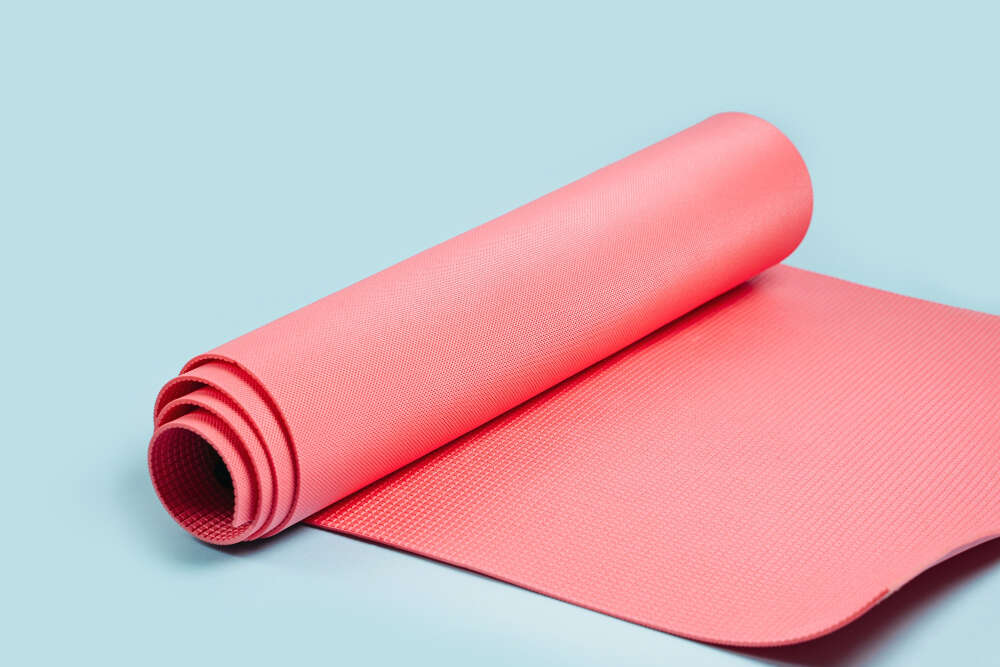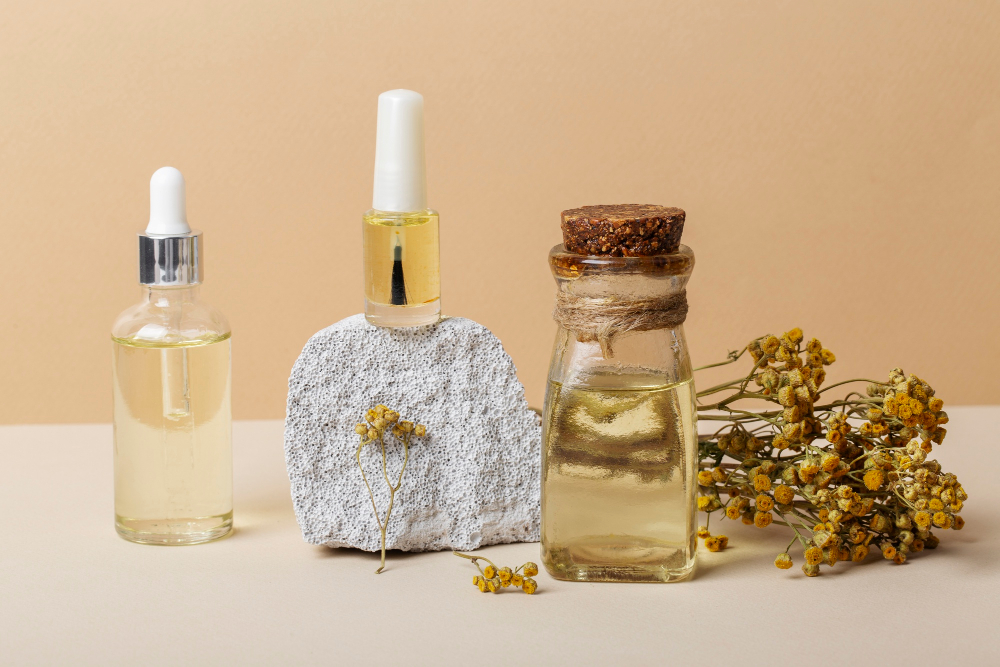In the quest for relief from the sharp, often unbearable pain of gout, many sufferers find themselves navigating a sea of conventional treatments. However, the allure of alternative medicine and holistic health practices offers a beacon of hope for those seeking more natural, rapid remedies. Gout, a type of arthritis characterized by sudden, severe attacks of pain, swelling, redness, and tenderness in the joints, often targets the base of the big toe but can affect any joint. The culprit behind this condition is an excess of uric acid crystallizing in the joints. While traditional medicine provides avenues for management, this article delves into the holistic approaches that promise the fastest relief from gout pain, emphasizing natural remedies and lifestyle changes that align with the body’s inherent healing mechanisms.
Understanding Gout and Its Causes
Gout arises from an overload of uric acid in the body, a waste product produced during the breakdown of purines—substances found naturally in the body and in certain foods. When uric acid levels exceed the body’s ability to excrete it, crystals form in the joints, sparking inflammation and pain known as a gout attack. Triggers for these flare-ups range from dietary choices to lifestyle factors, making understanding and managing these triggers crucial for those affected. To learn more about causes of gout, checkout our article on how to reduce uric acid naturally.
Immediate Actions to Reduce Gout Flare-ups
At the first sign of a gout attack, immediate action can significantly lessen the severity and duration of pain. Applying an ice pack to the affected joint for 20-30 minutes several times a day helps reduce inflammation and numb the area, offering temporary relief. Elevating the affected limb can also reduce swelling, while rest is essential to prevent further irritation of the joint. Additionally, increasing fluid intake aids in flushing out excess uric acid, potentially shortening the attack.
Dietary Changes for Gout Management
Diet plays a pivotal role in managing gout, with certain foods known to exacerbate the condition, while others may help reduce uric acid levels. High-purine foods such as red meat, seafood, and alcohol, especially beer, should be limited, as they can increase uric acid production. Conversely, incorporating cherries and cherry juice into one’s diet has been shown to reduce uric acid levels and the frequency of attacks. A diet rich in fruits, vegetables, whole grains, and low-fat dairy products can also support overall health and reduce the risk of gout flare-ups.
Herbal Remedies and Supplements
In the realm of alternative medicine, certain herbs and supplements are touted for their anti-inflammatory properties and their ability to manage gout symptoms effectively.
- Turmeric: Known for its curcumin content, turmeric is a powerful anti-inflammatory that can help reduce the pain and swelling associated with gout. Incorporating turmeric into your diet or taking it as a supplement can offer relief during flare-ups.
- Ginger: Another potent anti-inflammatory, ginger can be consumed in various forms—fresh, powdered, or as a tea—to alleviate gout pain. Its natural compounds work similarly to NSAIDs, blocking inflammation pathways in the body.
- Apple Cider Vinegar: Thought to help reduce uric acid levels due to its acidity, apple cider vinegar can be taken diluted in water. It’s believed to aid in detoxification and provide pain relief for gout sufferers.
- Bromelain: Found in pineapples, bromelain is an enzyme with anti-inflammatory and analgesic properties. It may help reduce the severity of gout attacks and can be taken in supplement form.
- Milk Thistle: Known for its liver-supporting properties, milk thistle can also benefit gout sufferers by aiding in the removal of toxins, including excess uric acid, from the body.
Lifestyle Modifications
Adopting certain lifestyle changes can significantly impact the frequency and intensity of gout attacks, promoting overall well-being and holistic health.
- Weight Management: Being overweight can increase the risk of gout. Losing weight through a healthy diet and regular exercise can reduce uric acid levels and lessen the strain on joints.
- Exercise: Regular, moderate exercise helps maintain a healthy weight and improves overall health, but intense exercise should be avoided during flare-ups to prevent aggravating the joints.
- Stress Reduction: Stress can trigger gout attacks in some individuals. Practices such as yoga, meditation, and deep breathing exercises can help manage stress levels and potentially reduce the frequency of gout attacks.
The Role of Hydration in Flushing Out Gout
Proper hydration is crucial for gout sufferers. Water helps dilute the uric acid in the bloodstream and facilitates its excretion through the kidneys.
- Water Intake: Drinking at least 8-10 glasses of water daily is recommended to help flush out uric acid. This simple yet effective approach can prevent the formation of crystals in the joints.
- Lemon Water and Herbal Teas: Incorporating lemon water into your daily routine can alkalize the body and promote the elimination of uric acid. Herbal teas, especially those with nettle, dandelion, or green tea, offer additional benefits for detoxification and hydration.
For additional information about the benefits of hydration to gout relief, checkout our article on best drinks for gout relief.
FAQ
- Q: Can diet alone prevent gout attacks?
- A: While diet plays a crucial role in managing gout, it’s often part of a broader approach that includes lifestyle changes and, in some cases, medication.
- Q: Are there any side effects to using herbal remedies for gout?
- A: Herbal remedies can interact with medications and may not be suitable for everyone. Consult with a healthcare provider before starting any new supplement.
Summary & Conclusion
Embracing a holistic approach to managing gout involves more than just treating symptoms; it encompasses dietary adjustments, natural remedies, lifestyle changes, and adequate hydration. By understanding and implementing these practices, individuals can achieve faster relief from gout pain and foster long-term health and well-being. Remember, while these strategies offer benefits, they should complement, not replace, guidance from healthcare professionals.
To further explore holistic health practices and their impact on gout, be sure to read our main article, “Home Remedies for Gout,” and stay connected through our bidirectional links with other supporting articles for a comprehensive understanding of managing gout in harmony with your body’s natural rhythms.







